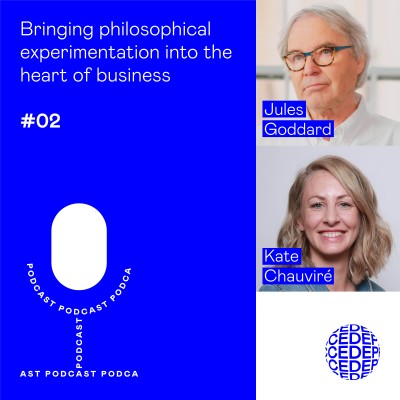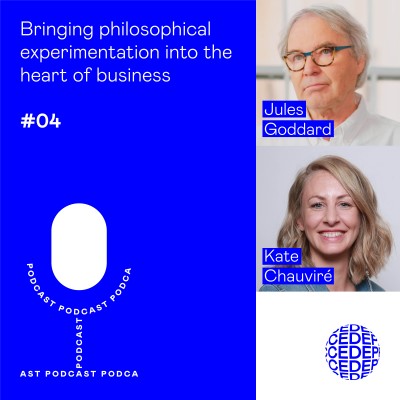Description
Speakers:
Jules Goddard, CEDEP Faculty, Fellow of London Business School, Member of the Council of the Royal Institute of Philosophy and author of recently published books on both philosophy and business experimentation.
Kate Chauviré, Director, Academic Planning and Coordination, CEDEP
Economics has led us to believe that buyers use price to measure cost, not quality and evaluate competing products according to their functionality and utility – the lower the price, the better. We have traditionally assumed that competition is about efficiency, that winners are the cost leaders in their industry, and that the benefits of a larger market share and higher sales revenues lie mainly in economies of scale.
But what if the art of strategy is to stay one step ahead of the need to be efficient? Red Bull became the most successful soft drink competitor to Coca-Cola in its history by delivering a smaller can, a higher price and, arguably, a horrible taste. And how did it do this?
Red Bull worked to a very different set of principles. It employed psychology and invented a new category it could own. It chose not to compare itself with Coca-Cola or make claims of superiority. Instead, it was happy to be a unique brand with its own aura, tone of voice and imagery. It tapped into an aspect of human psychology that economics does not recognise – the idea that a product can have a personality and that consumers' choices in the marketplace are essentially emotional and cannot be mapped on to a rational scale of utility.
We need to understand that the market is much closer to being a game of discovery than an economic exercise. Philosophers have a name for this argument: the category mistake, whereby we place business in the wrong category, manage it as a rational activity with a correct answer and treat buyers and sellers as maximisers of utility.
Hosted on Ausha. See ausha.co/privacy-policy for more information.





